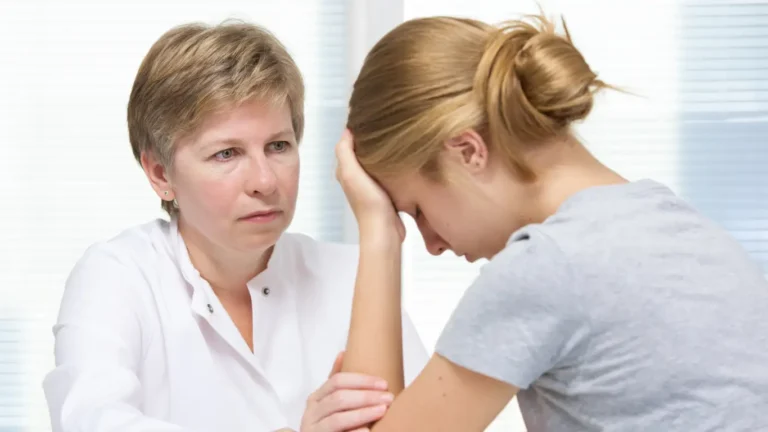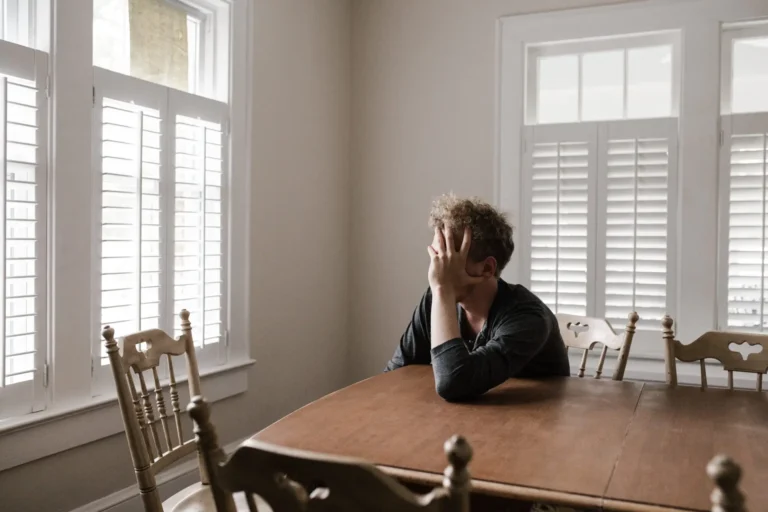Depression vs Sadness: What’s the Difference?
Depression and sadness are commonly misunderstood due to the similar emotions associated with the two. It’s important to realize that there are fluctuating levels of sadness, but unlike depression, sadness is temporary and will heal with time. Depression is considered a long-term mental illness, because It affects social, occupational and intrapersonal areas of functioning. When left untreated, symptoms of depression may last for a long time.
The CDC has linked the coronavirus disease (COVID-19) to mental health challenges, including depression and some sadness, as a result of physical distancing and stay-at-home orders. Of the surveys conducted, 40.9% of Americans over 18 years old reported symptoms of anxiety or major depressive disorder.
What is depression?
Depression, while common, is a serious medical illness that impacts your thinking, emotions and actions. While the side effects of untreated depression can be life threatening, the good news is that it is treatable. It is important to understand the different types of depression, so that you can understand the root of the problem.
The two of the most common forms of depression are:
- Major depression
- Symptoms of depression most of the day, nearly every day.
- Symptoms last for at least 2 weeks.
- Symptoms begin to interfere with your ability to work, sleep, eat, and enjoy life.
- Persistent depressive disorder
- Symptoms of depression that last for at least 2 years.
While these two are most common, there are other types of depression that may develop under unique circumstances, such as:
- Perinatal Depression
- Often occurs during pregnancy or after delivery (postpartum depression).
- Seasonal Affective Disorder (SAD)
- Symptoms that come and go with the seasons.
- Psychotic Depression
- This is a result of severe depression, plus some form of psychosis, such as delusions or hallucinations.
If you relate to any of these symptoms, we encourage you to call contact a Tampa-area mental health counselor to begin a guided path of recovery.
What is sadness?
Sadness is a normal, healthy emotion that we feel throughout our lives as a natural reaction to tough or painful situations. Sadness is considered one of the basic human emotions, meaning it is normal to experience unhappiness and low mood. When situations are painful or disappointing, our bodies may naturally respond with symptoms of sadness that can vary from intense to mild.
Am I depressed or sad?
The main difference between depression and sadness is timing. While a person experiencing symptoms of sadness can find relief in crying, venting or talking to a friend, depression comes with a sense of no relief. More often than not, sadness links to a specific trigger, while depression may be a result of a deep rooted inner conflict. If you find that your symptoms of sadness are persistent over time, this could be a sign of depression.
Depression symptoms
Depression can lead to a number of emotional and physical problems, ultimately decreasing your ability to function at work, socially and even in solitude. If you are experiencing any symptoms of depression, it is important that you seek help to better understand the severity of your condition. When treated, people who have suffered from depression can go on to live fulfilling, happy lives.
Some symptoms of depression include:
- Feeling sad or having an unbalanced mood
- Loss of interest or pleasure in activities
- Changes in appetite
- Unrelated weight loss or weight gain
- Too little or too much sleep
- Loss of energy or increased fatigue
- Inability to sit still, pacing, or slowed movements or speech
- Feeling worthless or guilty
- Difficulty thinking, concentrating or making decisions
- Thoughts of death or suicide
Sadness symptoms
It is important to remember that experiencing sadness is normal. Sadness is only an indicator of underlying disease when symptoms become excessive, interfering with your daily life. Symptoms of sadness include:
- Feeling down or unhappy
- Unbalanced emotions in response to grief
- Discouragement or disappointment in oneself
Can depression be cured?
Fortunately, depression is among the most treatable mental disorders. Almost all individuals who suffer from depression gain relief from their symptoms after seeking professional help.
Before a treatment plan is prescribed, a health professional will conduct a thorough mental and physical examination. Your evaluation will identify specific symptoms to best diagnose and plan a personalized approach to your healing process.
Treatments for depression
There are a few different popular types of treatment used for depression. They can be used by themselves or combined depending on the level of depression you are experiencing:
Depression Medication
The chemistry of your brain plays a big role in your overall health. Antidepressants have become a helpful resource when modifying your unique brain chemistry, and may be prescribed upon evaluation.
Psychotherapy
Otherwise known as “talk therapy,” this is sometimes used for treatment of mild depression. For more moderate to severe depression, psychotherapy is often suggested alongside antidepressant medications.
Electroconvulsive Therapy
This medical treatment is commonly reserved for individuals with severe depression, and only when other treatments have proven unsuccessful. Electroconvulsive Therapy involves a brief electrical stimulation of the brain while the patient is under anesthesia.
Should I go to therapy for depression or sadness?
The length and severity of depression symptoms often determine the type of therapy you should consider. If you’ve been depressed for a long time, choosing a psychiatrist or psychologist may be necessary. Both psychiatrists or psychologists help to resolve issues from the past that may be deeply-rooted in your present feelings. If your symptoms of depression are more recent or less severe, a therapist-counseling relationship may be best for you. It is important to consider all treatment options when taking care of your mental health and wellbeing.
Saint Petersburg Depression Treatment
Finding the right counselor, psychologist, or mental health professional may take some time. When it comes to your mental health and wellbeing, the relationship between the patient and counselor is the key to success.
If you are experiencing any symptoms of depression, we encourage you to call our office. The team at McNulty Counseling and Wellness takes a holistic approach to promote balance in all areas of your life. We understand that not all brains react alike. We offer a variety of treatments from art therapy to therapy dogs to ensure that you are paired with your perfect program. Contact us here or call us at 727-344-9867 to schedule a remote depression consultation or an in-person session at our office in Saint Petersburg, Florida.
[







